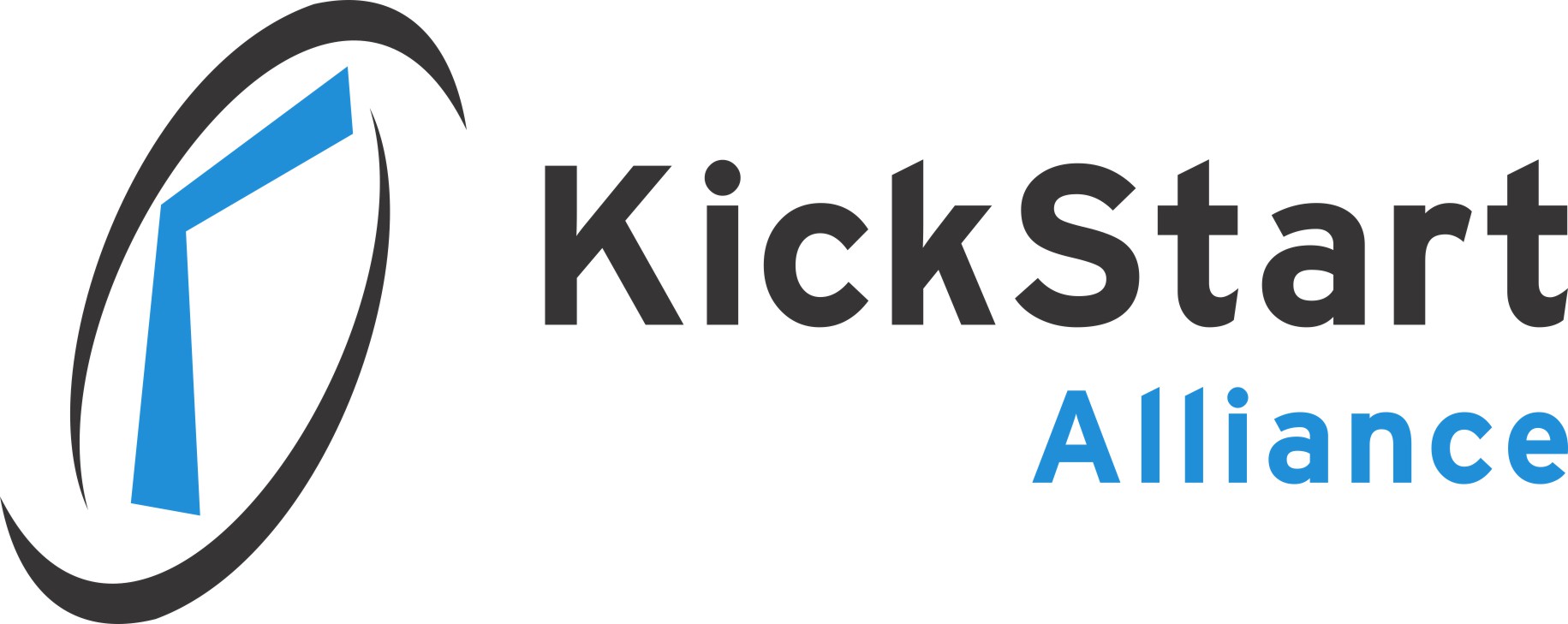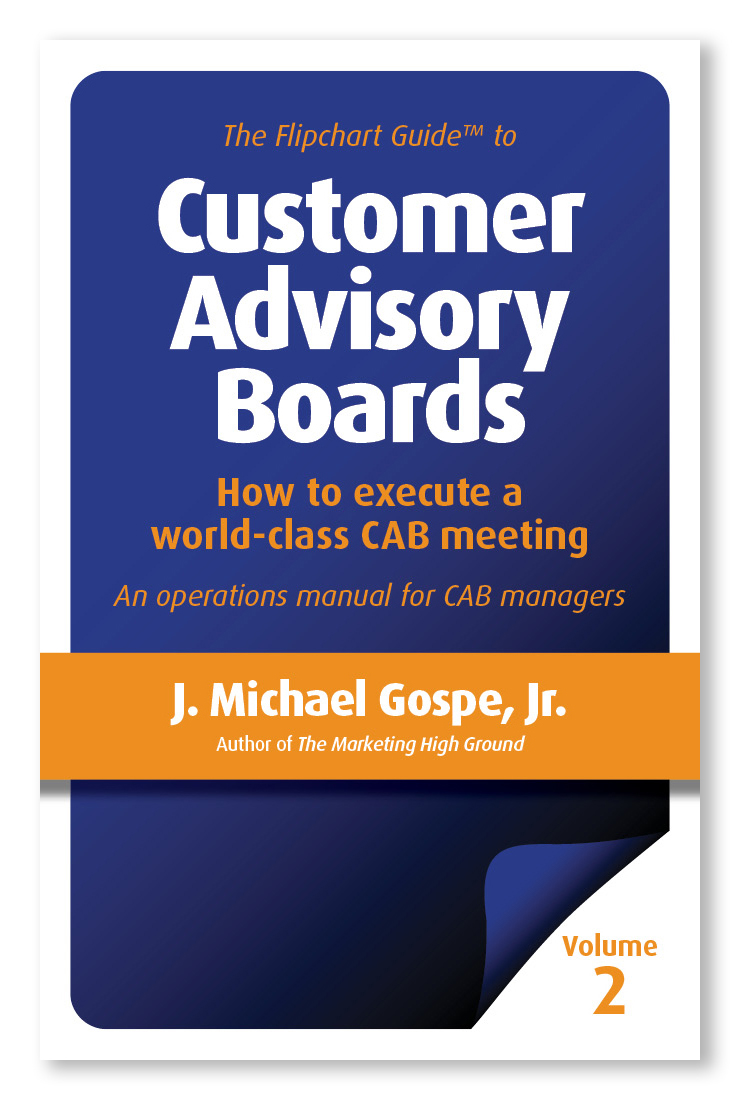Some people believe that facilitating a customer advisory board or business meeting is easy. It is not. In truth, it is easy to be a poor facilitator. If you are facilitating a business meeting yourself, or you are hiring a professional facilitator, here are 10 qualities to look for.
- Familiarity with your business: While facilitators are not content experts, they should be familiar enough with your business, industry, and customers to understand and guide the conversation effectively.
- An unbiased perspective: There is nothing worse than a biased facilitator who drives the discussion to a preplanned (and obvious to all) conclusion. Effective facilitators are neutral, don’t take sides, and invite all points of view.
- Sensitivity to the feelings of individuals: Creating and maintaining an atmosphere of trust and respect requires an awareness of how people are feeling and knowing how to engage them. Good facilitators are mindful of everyone’s body language, eye contact, and tone, in addition to the words that are spoken.
- Sensitivity to the feeling of the group: In any group, the whole is greater than the sum of the parts. Group “chemistry” generally reflects shared feelings: eagerness, restlessness, anger, boredom, enthusiasm, suspiciousness, or even silliness. Perceiving and responding to group dynamics is essential to skillful facilitation.
- Ability to listen: The best facilitators are listeners first. They know when to use “active listening” techniques to confirm “aha!” moments and points of general agreement.
- Tact: When group dynamics or discussions go off-track, a good facilitator needs to be tactful to get back on course. Examples include: gently silencing a company executive who is speaking too much, or inviting silent customers to join the discussion.
- Commitment to collaboration: A good facilitator is not the center of attention; they have no ego involved. They are customer advocates first, encouraging collaboration and dialogue with and between customers.
- A sense of timing: The facilitator has a keen “sixth sense” for time: when to bring a discussion to a close, when to change the topic, when to cut off someone who has talked too long, when to let the discussion run over the allotted time, and when to let the silence continue a little longer.
- Resourcefulness and creativity: Despite a well-planned agenda, sometimes the discussions do not unfold as expected. A good facilitator is able to think on his or her feet. This may mean changing direction in mid-stream, revising the agenda in real-time, or applying impromptu engagement techniques to help the group move forward.
- A sense of humor: As in most human endeavors, even complex business discussions, people want to have fun. The best facilitators are relaxed, sometimes playful, and have an appreciation of life’s ironies. A sense of humor can be the secret ingredient to creating a comfortable, productive environment enjoyed by all participants.
For more on what to expect from a facilitator (either an internal resource or an outside expert), check out The Flipchart Guide to Customer Advisory Boards, Volume 2: How to execute a world-class CAB meeting.

